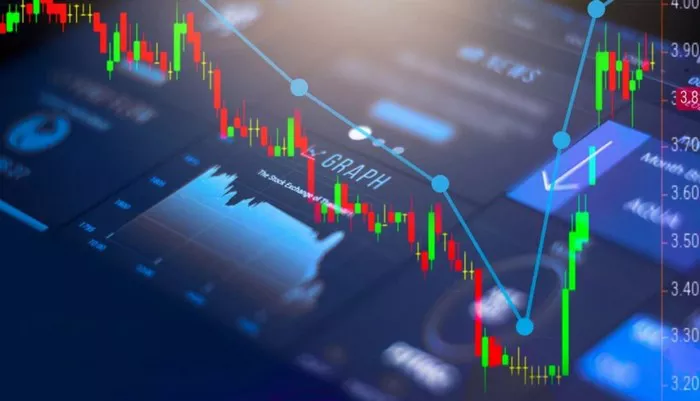The stock market has experienced a remarkable surge over the past decade, with the S&P 500 (^GSPC) achieving an impressive annualized return of 13%. However, a recent research note from Goldman Sachs (GS) suggests that the coming decade may not yield similar results for investors, projecting a modest annualized return of just 3% for the benchmark index.
Goldman Sachs equity strategist Ben Snider addressed this forecast in an interview with Yahoo Finance, clarifying that the prediction should not be interpreted as a pessimistic view or a signal for investors to exit the stock market. “We remain very confident in the long-term outlook for US economic growth and corporate profit growth,” Snider stated. “The concern we have is that market concentration is exceptionally high, and our models indicate this leads to lower average returns.”
Currently, the ten largest stocks in the S&P 500 account for over a third of the index, representing the highest level of market concentration in a century, according to Goldman. Historically, such concentration has resulted in below-average returns for the subsequent decade, Snider noted.
The anticipated decline in returns could stem from a decrease in the stock prices of major players like Nvidia (NVDA), Apple (AAPL), and Microsoft (MSFT). Snider explained that just as the so-called “Magnificent Seven” tech stocks propelled the market upward, they could also contribute to its decline if their dominance normalizes.
“The idea is that a few stocks have an outsized representation of market capitalization,” he explained. “If their weights revert to more typical levels, it would negatively impact the aggregate index.”
Despite the bleak forecast for the next decade, Goldman does not foresee any immediate shocks that would trigger this downturn. The firm still projects the S&P 500 to reach 6,300 within the next 12 months. Snider emphasized that a decade is a lengthy period filled with uncertainties that could impact investment outcomes. “Given the current concentration levels, history suggests there will likely be a catalyst over the next ten years that causes a reversion,” he stated.
However, he added that this unwinding of market concentration “doesn’t need to happen within the next decade, nor does it necessarily have to affect the equity market negatively, as other stocks could experience significant growth.”
Some analysts on Wall Street are less convinced that this market concentration will dissipate soon. Nicholas Colas, co-founder of DataTrek, noted in a client report that annualized returns of 3% or worse typically arise only under severe negative circumstances. “We are at higher starting points,” said Issar, suggesting that while multiple contractions are anticipated, they may be offset by stronger macroeconomic and corporate fundamentals in the coming years.
Snider also highlighted a common sentiment among long-term investors after reviewing the report: “It’s not that they are bearish on equities; they still plan to hold US equities, but they are preparing for lower returns in the next decade compared to the previous one.” He reiterated his team’s optimistic outlook for the US equity market, indicating that investors should approach the future with a balanced perspective.
Related topics:


